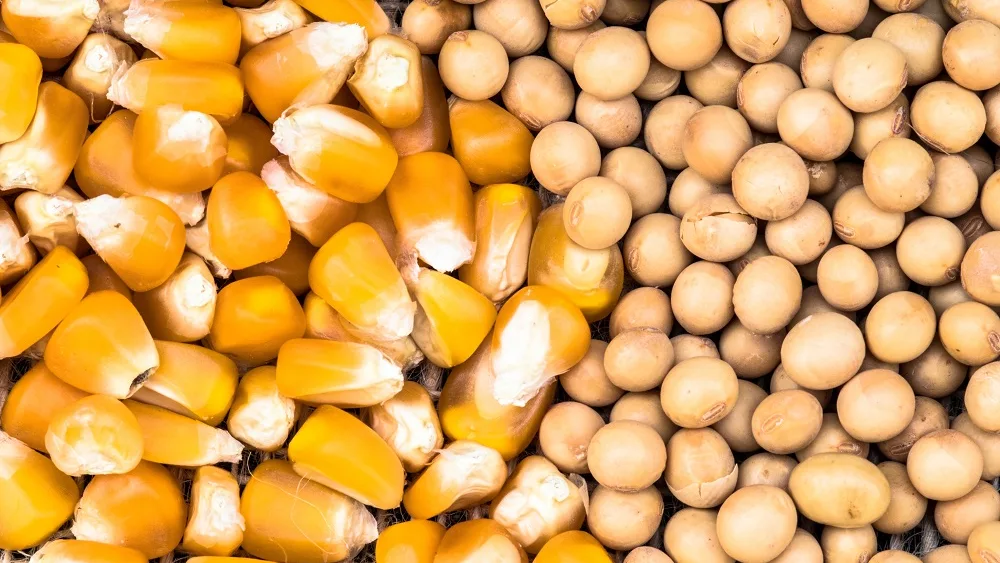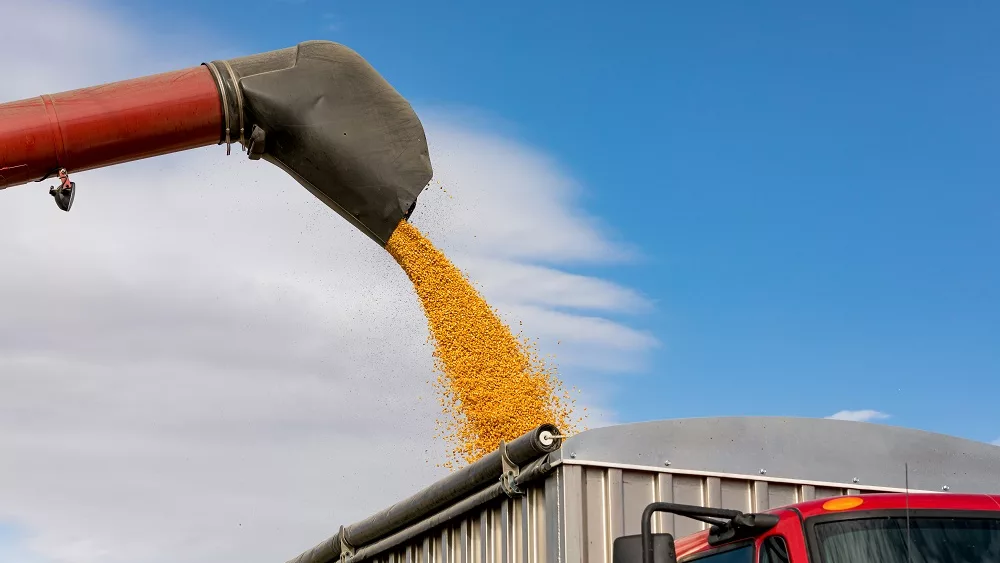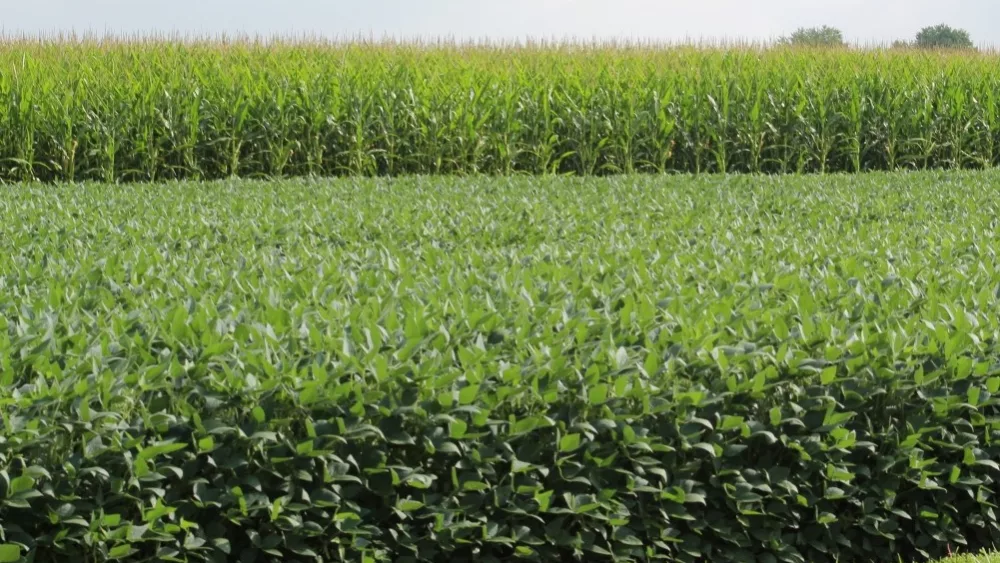 Improved measures for prevention and treatment have helped slow the spread of porcine epidemic diarrhea, but the virus remains a significant threat, a Purdue University swine specialist said. Allan Schinckel, professor of animal sciences, said any hog exposed to PEDv could trigger another outbreak. “It is critical that producers and veterinary care practitioners remain vigilant,” Schinckel said. “Still, we are in better shape than last year.”
Improved measures for prevention and treatment have helped slow the spread of porcine epidemic diarrhea, but the virus remains a significant threat, a Purdue University swine specialist said. Allan Schinckel, professor of animal sciences, said any hog exposed to PEDv could trigger another outbreak. “It is critical that producers and veterinary care practitioners remain vigilant,” Schinckel said. “Still, we are in better shape than last year.”
PEDv causes intestinal disease in swine of all ages but has an especially high mortality rate among pre-weaned piglets. In 2014, PEDv was blamed for the deaths of millions of baby pigs, reducing hog production by about 7 percent and driving up pork prices. Fewer deaths have been reported in 2015, due in part to increased biosecurity including the increased use of disinfectants in trailers, pens and other places where hogs are transported and regrouped, Schinckel said.
In addition, several new vaccines have been licensed for use. “That has been especially important for the long term because vaccines can reduce the severity of the disease if the disease has a second wave in the next two years.”
To help producers, veterinarians, students and faculty stay informed on the latest developments, Purdue’s Pork Interest Group will host a PEDv meeting April 13. The meeting will also be presented as a live webinar.
Get the latest on PEDv – Purdue webinar set for April 13 https://t.co/aLhpts5cj5 #Purdue #ag #agnews #agchat #pork
— Ag Answers (@Ag_Answers) April 8, 2015
Speakers are:
* Kara Stewart, assistant professor of animal sciences.
* Darryl Ragland, associate professor of food animal production medicine.
* Joel Harris, head of sales and marketing at Harrisvaccines, manufacturer of Porcine Epidemic Diarrhea vaccine, RNA, a new type of vaccine to enhance a pig’s immunity to the virus.
* Max Rodibaugh of Swine Health Services LLC, a veterinarian specializing in swine herd health.
The meeting begins at 6:30 p.m. in room 3-113 of Lilly Hall on Purdue’s campus.
To access the live webinar, go to https://tinyurl.com/SWINEKnowledge.




